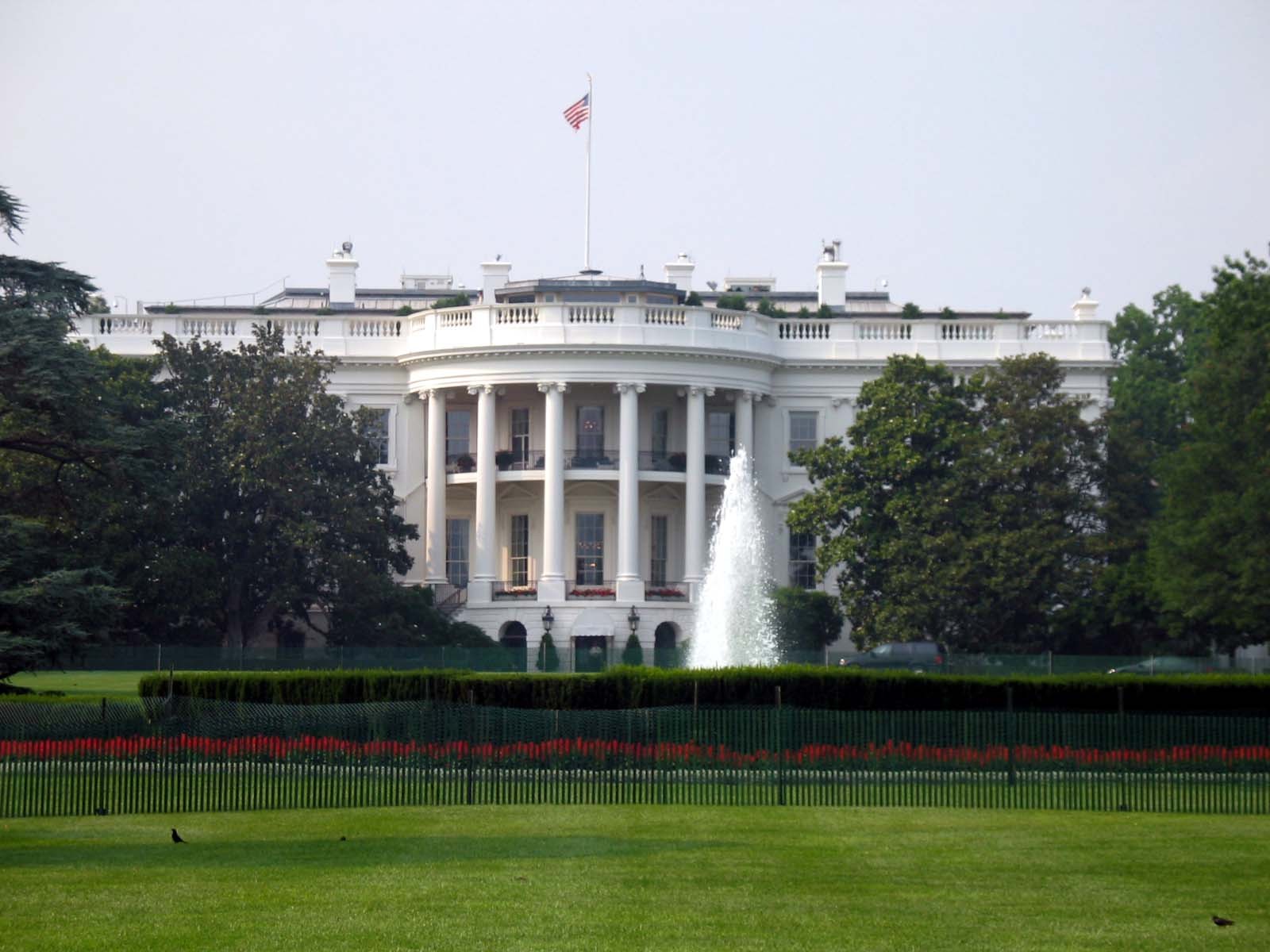
In this rapidly changing era, reform seems to have become a topic that cannot be sidetracked in various countries and fields. For the federal government of the United States, reform is a complex and far-reaching exploration. It is not only a simple choice question, but also a comprehensive consideration involving politics, economy, society, culture and other aspects.
The precipitate of history and the dilemma of reality
The federal government of the United States has a long history, and its system design has been polished for hundreds of years, and has formed a relatively stable political ecology. From the separation of powers to federalism, from the electoral system to the judicial system, the American political system is highly influential on a global scale. However, it is these historic systems that have become "stumbling blocks" on the road to reform.
On the one hand, any reform of the current system is likely to touch the nerves of vested interests and trigger fierce political battles. In the United States, the game between political interest groups is often extremely complex, and reform often needs to find a delicate balance between the interests of various parties. On the other hand, the American people have different expectations for reform. Some people want to strengthen the centralization of power and improve administrative efficiency. Others worry that the reforms will erode local autonomy and undermine individual rights. Such diverse social demands make the design of reform programs extremely difficult.
The impact and challenge of economic globalization
With the development of economic globalization, the federal government of the United States is facing unprecedented challenges. In the context of globalization, the flow of production factors such as capital, technology and talents has become freer, and international competition has become increasingly fierce. The US federal government needs to constantly adjust its economic policy to accommodate this change. However, the reform is often accompanied by risks and uncertainties, how to maintain stable economic growth at the same time, avoid falling into the quagmire of economic crisis, has become an urgent problem to be solved.
In addition, globalization has brought about a series of transnational issues such as immigration, trade and environmental protection. These problems often require international cooperation to be effectively solved, and the stance and strategy of the US federal government in international affairs will also have a profound impact on its domestic reform. How to actively participate in global governance while safeguarding national interests has become a question that tests the wisdom of the U.S. federal government.
Complexity and diversity of social problems
American society is a multicultural melting pot with complex social relationships among people of different races, religions, genders and ages. This diversity makes it difficult for American society to form a unified consensus when facing various social issues. For example, racial discrimination, gender equality, educational equity and other issues are long-standing pain points in American society. These issues not only concern the rights and dignity of individuals, but also directly affect the harmony and stability of society.
In the process of reform, how to balance the interests of different groups and ensure the fairness and inclusiveness of the reform is an extremely challenging task. The federal government of the United States needs to promote the realization of social equity and justice on the basis of respecting diverse cultures, which requires high political wisdom and keen social insight.
Opportunities and challenges brought by scientific and technological revolution
The development of the scientific and technological revolution has provided the federal government with unprecedented opportunities for development. The wide application of cutting-edge technologies such as artificial intelligence, big data, and cloud computing is profoundly changing the way governments manage and serve. Through technological innovation, the US federal government can handle government affairs more efficiently and provide more convenient and personalized public services.
However, the technological revolution has also brought many challenges. For example, how to ensure personal privacy and data security, how to prevent technology abuse and power abuse, are urgent problems to be solved. In addition, the technological revolution has exacerbated social inequality and widened the gap between the rich and the poor. How to enjoy the dividends of science and technology while ensuring social fairness and justice has become an urgent problem to be solved.
Overall, reforming the US federal government is not an easy choice. It involves many aspects such as politics, economy, society and culture, and needs to consider various factors comprehensively and weigh various advantages and disadvantages. In this process, the US federal government needs to show a high degree of political wisdom and responsibility, dare to face challenges and be good at seizing opportunities.

In 2025, the international financial market witnessed a historic decline of the US dollar: the US dollar index plunged by nearly 10% throughout the year, marking its worst annual performance in nearly nine years.
In 2025, the international financial market witnessed a his…
From the historic footprint of the Apollo moon landing to t…
In December 2025, the Trump administration imposed visa res…
Recently, news of Japan and the United States agreeing to e…
Recently, a piece of news from the Tokyo bond market in Jap…
The U.S. economy in December 2025 resembles a meticulously …